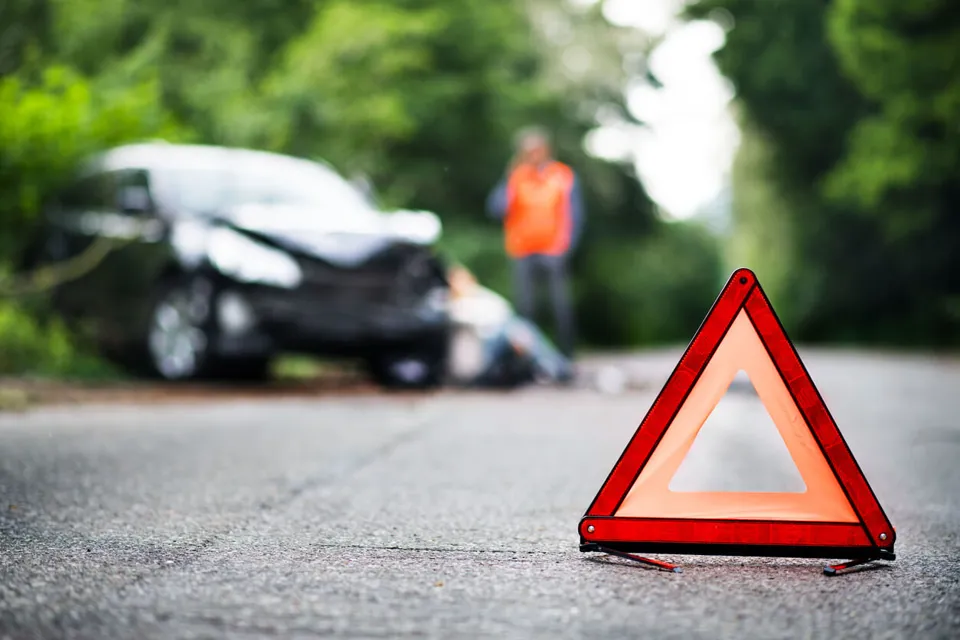The rise in crash for cash fraud has boosted demand for commercial vehicle CCTV, according to VUE CCTV.
In a recent crash for cash investigation, the last two defendants of a larger fraud ring have been forced to re-pay £243,119 following a hearing at Luton Crown Court on August 12.
The investigation, which put the fraudsters behind bars, was part of an intense seven year operation that uncovered a criminal syndicate behind one of the largest fraud rings the insurance industry has ever seen in crash for cash scams.
The fraudsters staged road traffic collisions then submitted false insurance claims and a total of 37 criminals were sentenced over three years.
This fraudulent activity is not uncommon. In a separate incident last week, three men admitted causing a crash on the M57 motorway in a bid to fraudulently claim £150,000 for personal injuries.
The annual cost to the motor industry of crash for cash scams is £392 million - £1million a day - according to the Insurance Fraud Bureau (IFB) and demand for in-vehicle CCTV has risen to record levels as a result.
One vehicle CCTV firm has seen enquiries for fleet vehicle CCTV increase in recent months since more crash for cash scams have been reported.
Glen Mullins, managing director of Manchester-based VUE CCTV, said: "Induced crash for cash accidents are happening on a daily basis and cost the insurance and commercial fleet sectors a huge amount of money.
"Insurers are increasingly looking to technology to challenge this escalating problem and many insurers now insist on CCTV in the fleets they insure.
"This has led to unprecedented levels of demand for in-vehicle CCTV, particularly from large commercial fleet owners who are often seen as easy targets for fraud.
"New technology which records the events leading up to an accident and, crucially, the aftermath of a collision even with the engine switched off can be used as court-admissible evidence.
“The CCTV systems can not only prove the cause of an accident but also record the speed at impact and how many people were involved."
Crash for cash scammers often take advantage of the assumption the vehicle which runs into the back of another is usually at fault for the collision. Therefore, they engineer crashes by overtaking then excessively braking.
Mullins added: "When it is one person's word against another's it is very difficult to prove innocence, even with witness statements.
"Front and rear facing CCTV recording cameras allow insurance companies to challenge fraudulent claims and offer protection for drivers who could otherwise be blamed for non-fault accidents.
"Insurance premiums can only go up as a result of fraudulent claims so any technology that helps in the fight against fraud is good for the commercial fleet sector."


















Judith - 29/08/2013 10:04
I have been campaigning for years to have Black Boxes/Data Recorders fitted in ALL Vehicles and advocate the fitting of In-Vehicle Cameras to the Front and Back in ALL vehicles. I would reduce the Insurance Premiums. This would make drivers more aware of their diving. It would aid Road Traffic Incident Investigations, thereby protecting the Victims. My only son was Left to die in the road by a hit & leave the scene driver. Had the witnesses had cameras or data recorders fitted, I would have got justice for my innocent son.